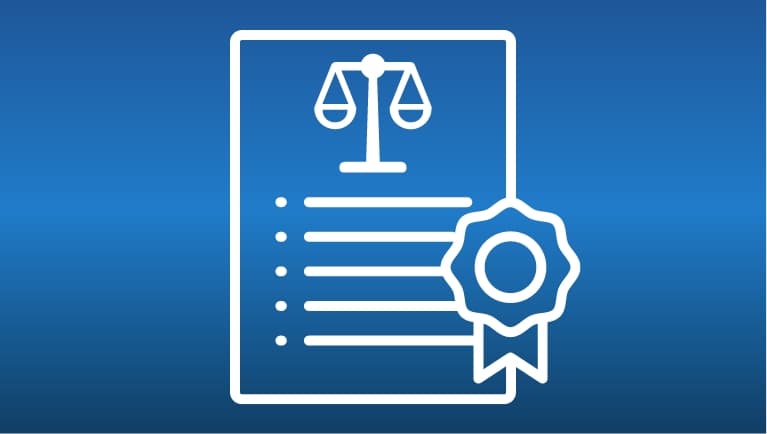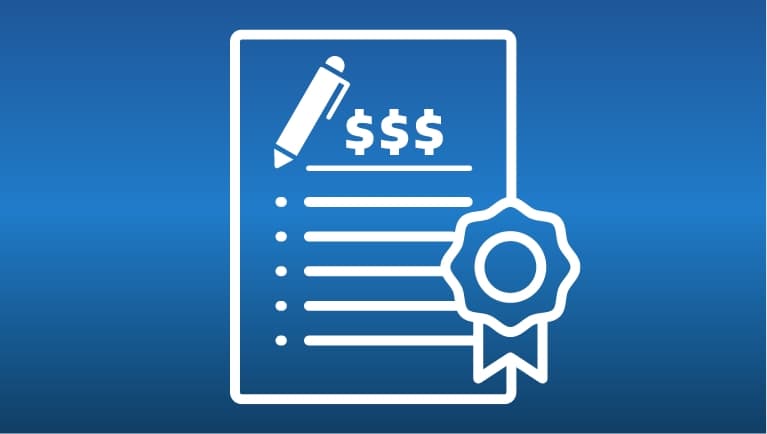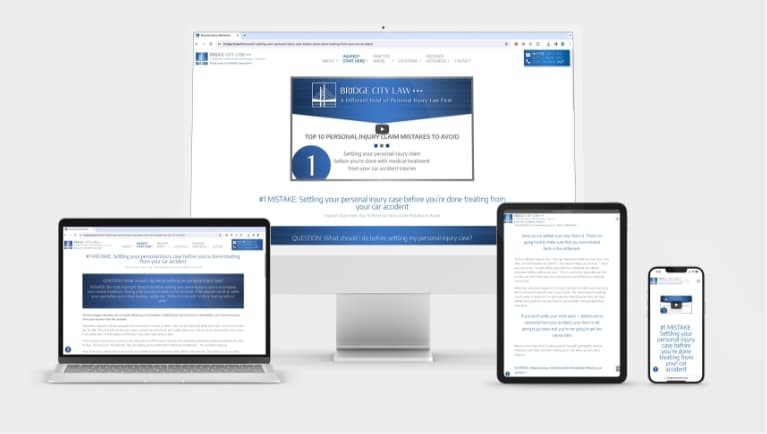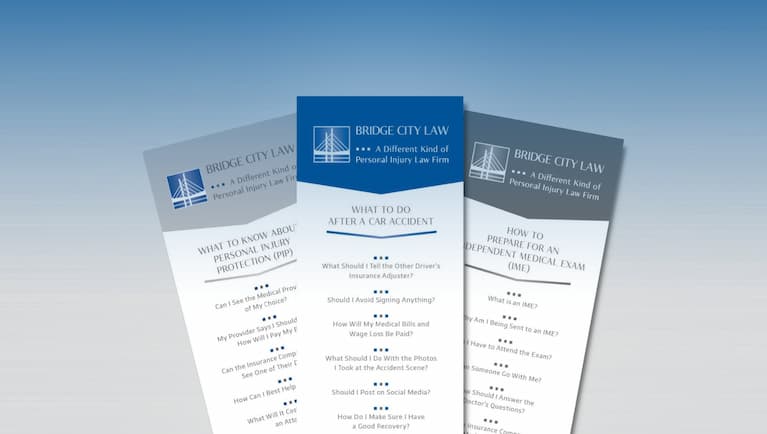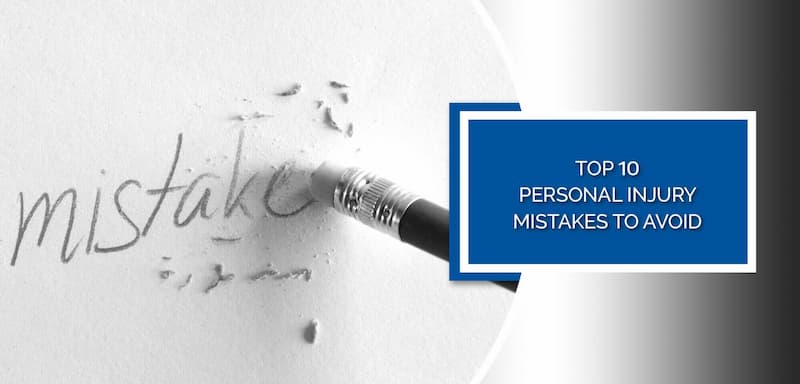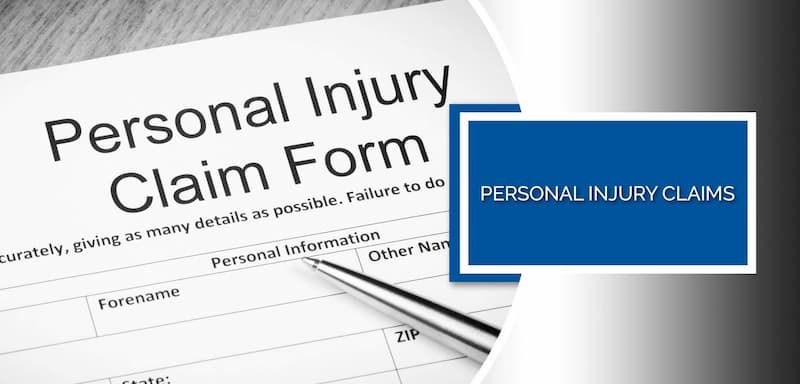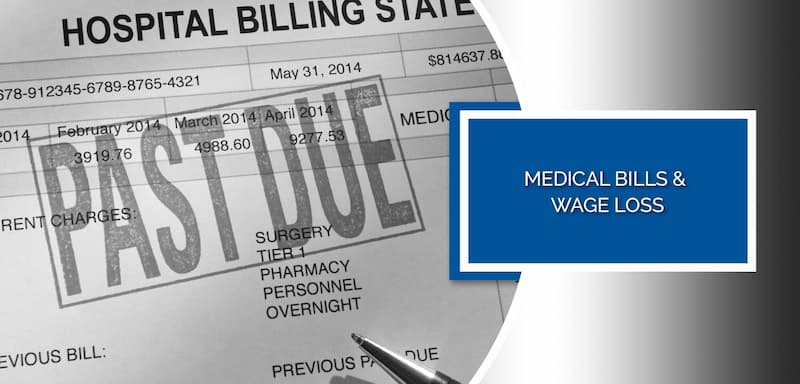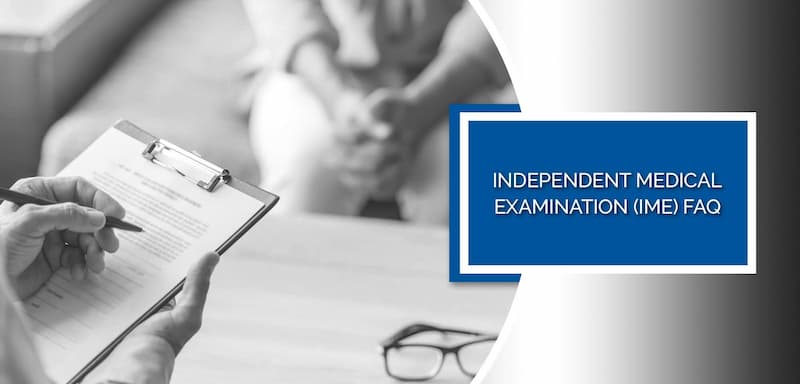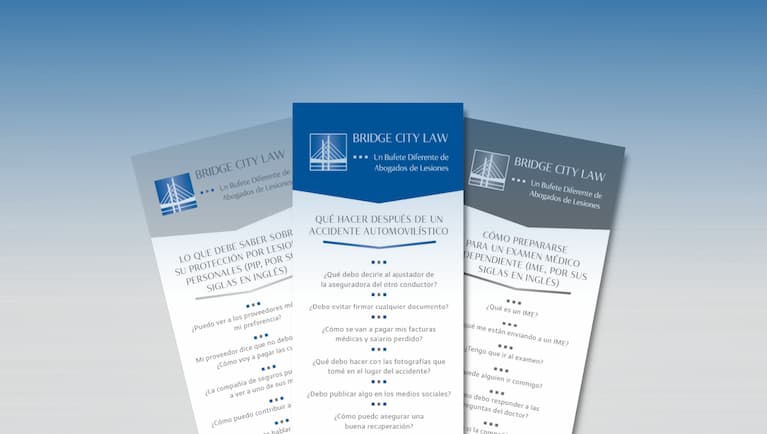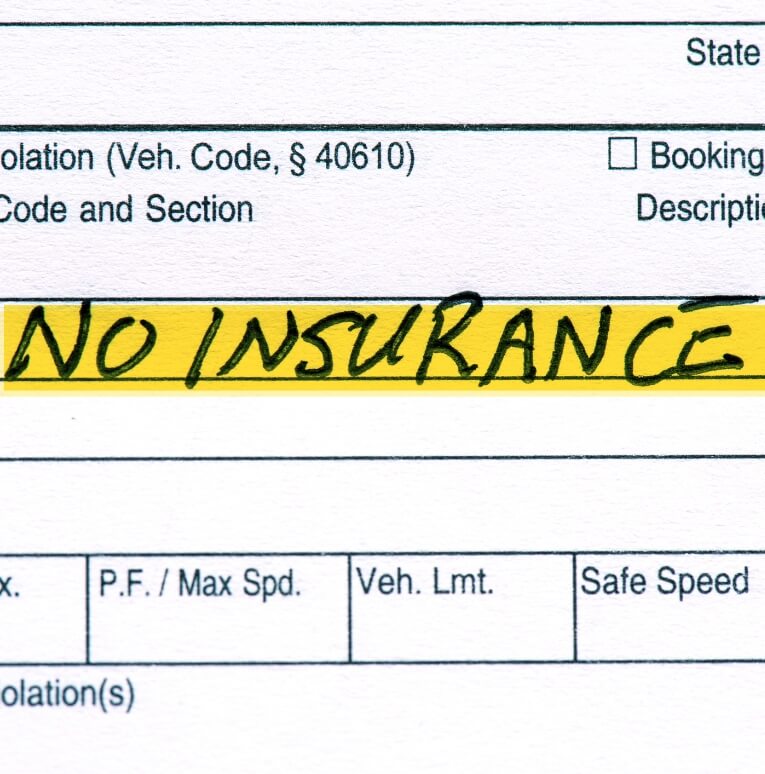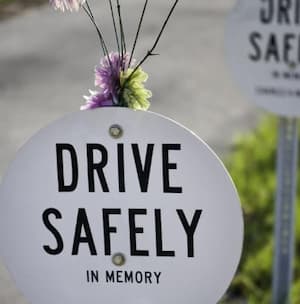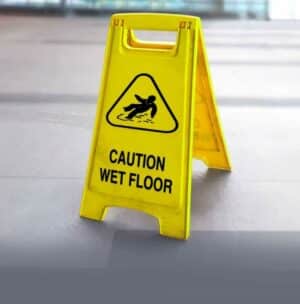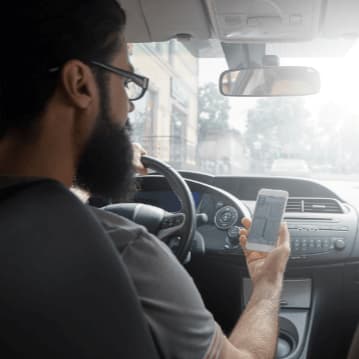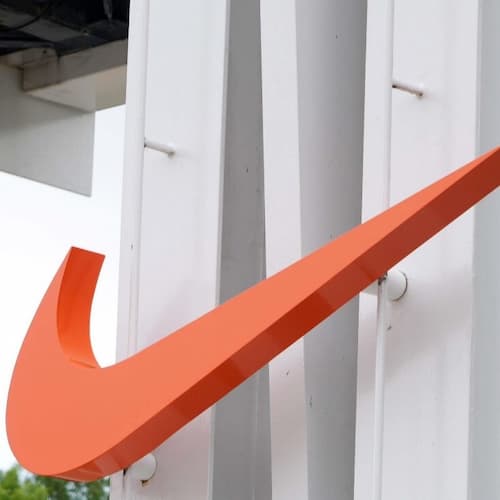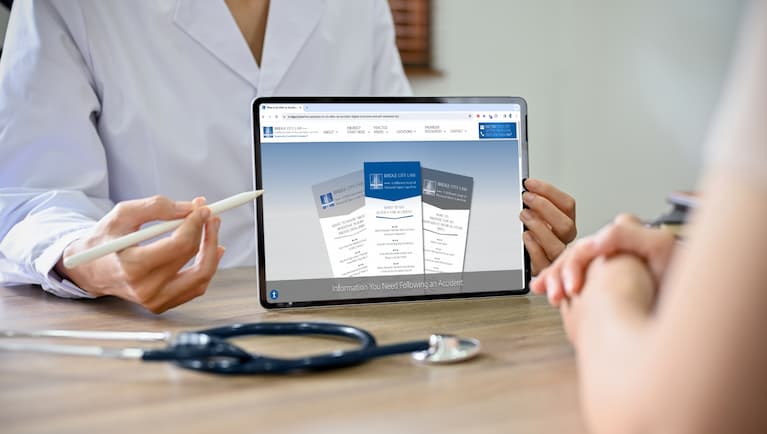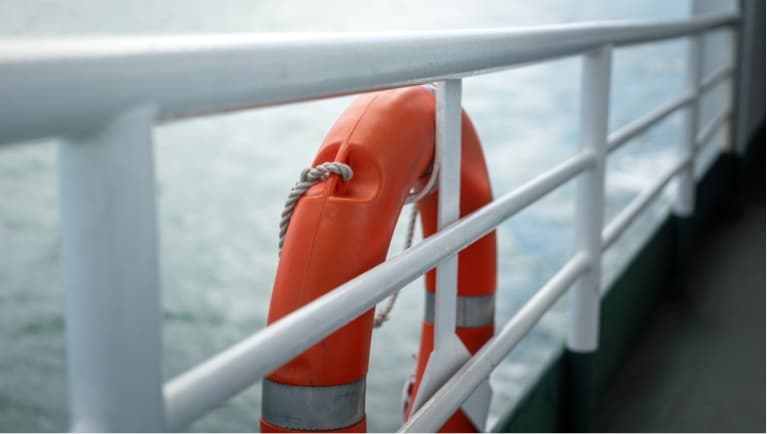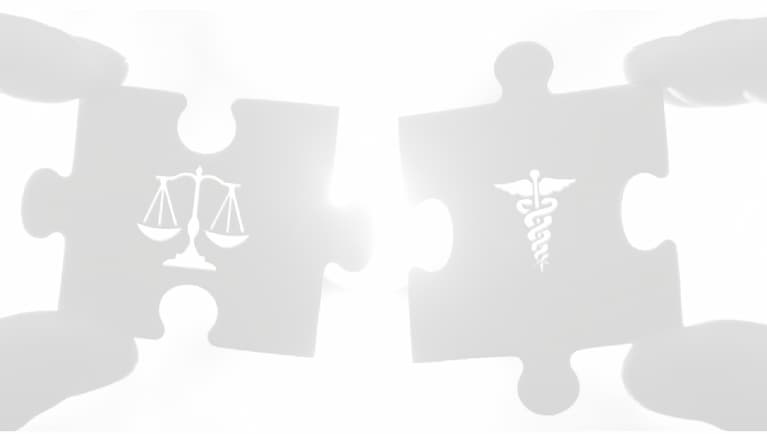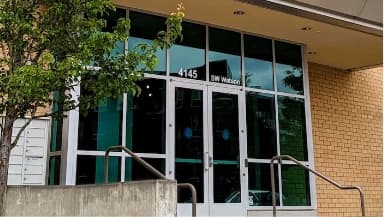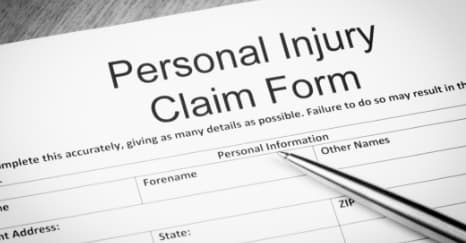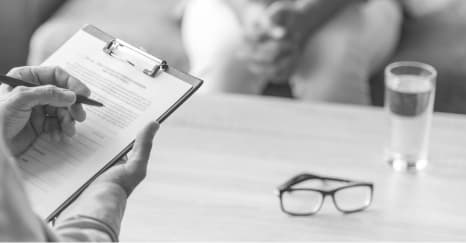MEDICAL BILLS &
WAGE LOSS
HOW ARE MY MEDICAL BILLS AND WAGE LOSS
Paid After a Car Accident
Medical treatment is expensive. Even if you have health insurance, between deductibles and copays, medical care can be financially out of reach for many folks.
Sometimes folks will not be examined and get the medical treatment they need following a car accident because they don’t know how their medical bills will be paid. Not everyone knows about Personal Injury Protection, commonly referred to as PIP, which is part of every car insurance policy sold in the state of Oregon, and provides for medical treatment for injuries due to an auto accident.
PIP will pay for your medical bills and your wage loss if your healthcare provider medically releases you from work. We’ve written a series of articles to help you better understand your PIP benefits.
VIDEOS
ARTICLES
1. How are my medical bills paid and what is Personal Injury Protection (PIP)?
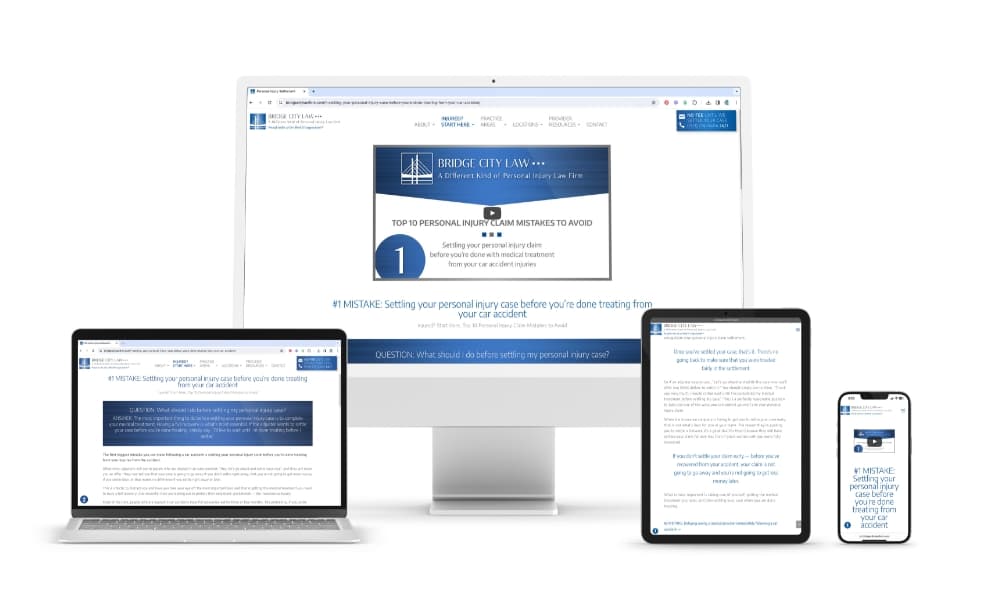










A. What is PIP?
If you are injured in a car accident, you have the right to receive medical care, and also to receive time loss or other benefits if you can’t work or manage your household tasks. These benefits are paid by the PIP part of the auto insurance company for the car you were in when the accident happened.
PIP is a part of every private passenger policy sold in the state of Oregon. Even if you only have liability coverage, your auto policy has PIP in it. It’s required by law.
B. What are the basic PIP benefits?
Following are the minimum benefits required under Oregon law. You can purchase PIP coverage with greater benefits. Ask your insurance agent about the extent of your coverage.
- All medical expenses incurred for two years after the date of injury, up to a maximum of $15,000. The medical bills must be reasonable in amount and related to your injury from the accident.
- Wage loss benefits of $3,000 a month or 70% of the average monthly income, whichever is less. You must be “usually engaged in paid work.” You must be off work for at least 14 consecutive days.
- If you do not “usually” work, you can receive up to $30 per day for “essential services.” This benefit applies if your medical provider states in writing that you require assistance with household work. This, like wage loss benefits, can continue for an aggregate of 52 weeks.
- If you are a parent of a minor and you are hospitalized for at least 24 hours, child care benefits can be claimed up to $15 a day, with a maximum of $450.
- Reasonable and necessary funeral expenses incurred as a result of the accident, within one year of the accident. The minimum coverage required by law is $5000.
C. My doctor says I should not work. How will I pay my bills?
PIP benefits include compensation for income you lose if your injuries prevent you from working. This applies whether you are an employee or self-employed.
The minimum PIP benefit for lost income is 70 percent of your gross wages or $3,000 per month, whichever is less, for 52 total weeks.
You must be off work for at least 14 days before you are entitled to PIP wage loss benefits, but your benefits will then be effective from day one. The insurance company will want your employer to verify your lost income and need an off work note from your medical provider.
D. How will my medical bills be paid?
Basically, all automobile insurance policies provide personal injury protection (PIP) benefits. PIP pays all of your medical bills from the auto collision. You are entitled to PIP benefits regardless of who was at fault in the accident.
The insurance company will pay for the medical care necessary to treat your injuries. Most PIP policies limit your medical benefits to two years after your injury and a total of $15,000. So all of your medical bills up to $15,000 and within two years after the collision are covered.
If you were in a car that did not have insurance, or if the PIP has been exhausted, don’t lose hope. There may be other car insurance that will pay your medical bills.
2. How is my wage loss paid if I've been injured in a car accident?
As outlined above, you are entitled to wage loss benefits through PIP up to $3,000 a month or 70% of the average monthly income, whichever is less. You must be off work for at least 14 consecutive days. You must have a release from work authorization from your medical provider.
It is generally easier to establish your wage loss if you are an employee. If you are self-employed, you are still entitled to wage loss benefits. There is typically substantially more documentation to prove your average monthly income.
3. Can I see the medical providers of my choice following a car accident?
Absolutely. You can see medical doctors, chiropractors, naturopaths, acupuncturists, massage therapists, and physical therapists. If you do see multiple healthcare professionals for treatment for your injuries, it’s important that one of your providers is coordinating your care, so that you don’t deplete your PIP benefits without realizing it.
If they have any questions about the medical providers you’re seeing or concerns about your PIP benefits, we are more than happy to answer them and provide any needed advice or guidance so that you get the medical care you need to recover from your injuries.
4. How are my medical bills paid if I’m hit by a car while walking or riding a bicycle?
If your injury involves a car, PIP will pay for your medical treatment. The following are a few examples of when your PIP benefit will apply:
- You are a pedestrian crossing the street and you are hit by a car
- You are a bicyclist traveling on a street, when a car turns in front of you and hits you
- You are jogging on the side of road and you are hit by a car
- You are changing a flat tire on the shoulder of a road and you are hit by a passing car
- You are changing the tire on your car, when the jack breaks and your car drops on your foot
Which PIP pays for your medical treatment is different than if you were injured in a car. As a pedestrian here is a list of who pays for your medical treatment- in the order that is required by statute:
- Your own auto insurance
- The auto insurance of a family member you are living with when injured
- Your health insurance
- The PIP policy for the car that hit you
5. What happens if my PIP runs out, and I still need treatment?
There often can be multiple PIP policies that will pay for your medical treatment. So, even if the $15,000 of PIP benefits are depleted, there may be other PIP policies that are available for you.
An example of being able to access three different PIP policies is:
- You’re a passenger in a friend’s car that is rear-ended. The PIP policy that covers the car you are in is the first and primary policy to be used for your medical treatment.
- If the medical benefits of that PIP policy are exhausted, you are then able to make a claim against the PIP benefits that are part of your own insurance policy — even though your car was not involved in the accident.
- The third policy you’re able to access if the medical benefits run out with the first two policies is — as strange as it sounds, is the PIP policy of a family member that you were living with at the time of the accident.
It’s beneficial to talk with an experienced personal injury attorney before you stop getting the medical treatment if you’re not fully recovered — even if the PIP medical benefits for the car you were in have been used up. They will advise you on the steps to take to help you get the medical care you need to have a complete recovery from your injuries.
6. What should I NOT do if the insurance company is threatening to stop paying for my medical treatment?
Even if the PIP carrier is threatening to not pay for your medical treatment from the car accident, it is important to not stop treating for your injuries. If you do receive a letter from the insurance company, you should consult with an experienced personal injury attorney immediately. With the clients we represent or talk to during an initial consultation, we are able to help them enforce their rights so that the PIP carrier pays for their treatment and they get the medical treatment they need.
Insurance companies count on you stopping your medical treatment and not seeking counsel from a lawyer. Don’t let the insurance company stop you from getting the treatment you need to have a full and speedy recovery. Your health is most important and we’re happy to help you with continuing your treatment — whether you’re our client or not.
7. What should I do if my injuries return after I’ve completed treatment?
It is not unusual for the symptoms from your injuries to return or occasionally worsen after you have stopped treatment. What is most important is if you do experience the same or similar pain or discomfort as you did before you completed your treatments, see your medical provider as soon as the symptoms from your injuries return. The longer you wait to be examined by your healthcare professional, the more likely the insurance company will say that something else must have happened to cause the need for additional treatment.
Schedule an appointment with your provider, update them on the symptoms from your injuries, and follow their advice and treatment plan.
8. Will PIP cover my lost wages because of medical appointments?
PIP benefits only cover wage loss if you have been taken off of work for a minimum of 14 calendar days by your medical provider. If you have to take time off for your treatment, you can make a claim for it with the at-fault insurance company when you are done treating from your injuries. The insurance company will not pay any wage loss for your medical appointments until the settlement of your claim.
For your lost wages to be considered at settlement time, It is important that your employer knows that the time you are taking off from work is for medical treatment related to the car accident. Your employer needs to document your time away from work and you will need to provide that documentation at settlement. If your employer doesn’t have a specific record of why you were off work, they will not be able to provide the information you need to get your wage loss reimbursed, when your claim is being settled.
9. The PIP carrier keeps calling and asking about my treatment, should I talk to them?
Under Oregon law, you are required to cooperate with the PIP carrier. This means you have to sign a medical records release authorization, give them a recorded statement, and answer questions throughout your treatment.
It’s important to know that when the adjuster calls, they are not asking you questions because they are concerned about your health and about making sure you are really getting better. Their job is to protect the insurance company. When they are asking you questions, they are looking for any reason to justify stopping paying for your medical treatment.
When you talk with the PIP adjuster, be careful about what you say. Keep your answers brief and to the point. Do not elaborate or offer any information that is not being directly asked of you. The insurance company can and will use what you say against you. If you do decide to hire a personal injury attorney, they will handle all communication and correspondence with the insurance company.
If you do have questions about the benefit of having a lawyer represent you, attorneys offer a no-fee, no-obligation initial consultation where they will ask you a variety of questions to help determine if it’s in your best interest to retain an attorney.
10. If I’m using the PIP from my insurance company, they will treat me better, right?
Unfortunately, even though you may have been paying premiums to your insurance company for years, they’re going to treat you the same as though they were the at-fault driver’s insurance company. The adjuster’s job — whether they work for the other driver’s insurance company or your car insurance company — is to manage the claim and minimize the amount of money their employer, the insurance company, has to pay out on your personal injury claim.
Most adjusters are friendly and can be very nice to talk with. It’s important to protect yourself and your personal injury claim not to confuse their kindness by assuming that their job is to look out for you. Like any good employee, they have a job to do and it’s to protect their employer.
MORE PERSONAL INJURY CLAIMS RESOURCES
If You’ve Been Injured in a Car Accident
We are here to be a bridge of support. If you have questions about how to navigate the personal injury claim process, we're happy to talk with you. Whether you're our client or not, we want for you to get the information you need to protect your rights and your claim.
Unsure if You Have a Case?
Contact us for a NO FEE Case Evaluation
"*" indicates required fields












